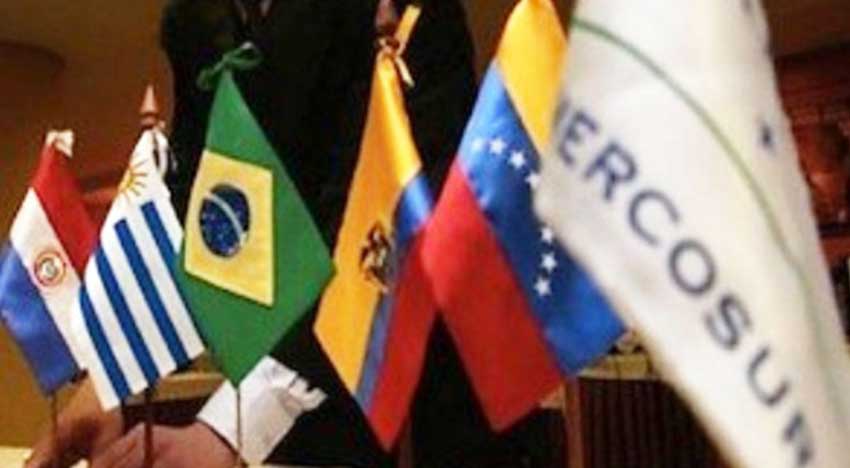Brazil and Mercosur partners consider expelling Venezuela


Foreign relation ministers from the four founding countries of Mercosur (Argentina, Brazil, Paraguay and Uruguay) called an emergency meeting on Saturday, April 1st in Buenos Aires, Argentina, to discuss the current situation in Venezuela.
They also announced they were starting a review process of the democratic situation in Venezuela, that could lead to the ousting of the South American country from the trade group.
“The full exercise of democratic institutions is an essential condition for the existence and development of Mercosur,” said the statement released by the four countries after the meeting.
The representatives called upon the South American country to respect the rule of law, human rights and democratic institutions, urging the Venezuelan government to adopt measures which would guarantee the separation of powers. They also called for the freeing of political prisoners.
The reason for the emergency meeting was the decision by Venezuela’s Supreme Court to assume the powers of Parliament, allegedly because the country’s legislative branch is in contempt. Due to international criticism, the measure was revoked but nonetheless the four Mercosur founding countries still assess “a breakdown of the democratic order in Venezuela”.
During his regular Sunday television and radio program, Venezuela’s president Nicolas Maduro condemned the emergency meeting of Mercosur partners noting “their campaign of political lynching, harassment, aggression and intervention against Venezuela”.
The decision by Mercosur partners comes after a series of situations last year that caused tension between the founding countries and Venezuela. In September chancellors from the four founding countries decided not to allow Venezuela to occupy the presidency of the trade bloc and threaten to suspend the South American country from the group.
In December, Venezuela was suspended from the trade bloc for ‘failure to fulfill its membership obligations’ including economic and human rights agreements. If the crisis is not resolved the South American country could be permanently ousted from the alliance.





